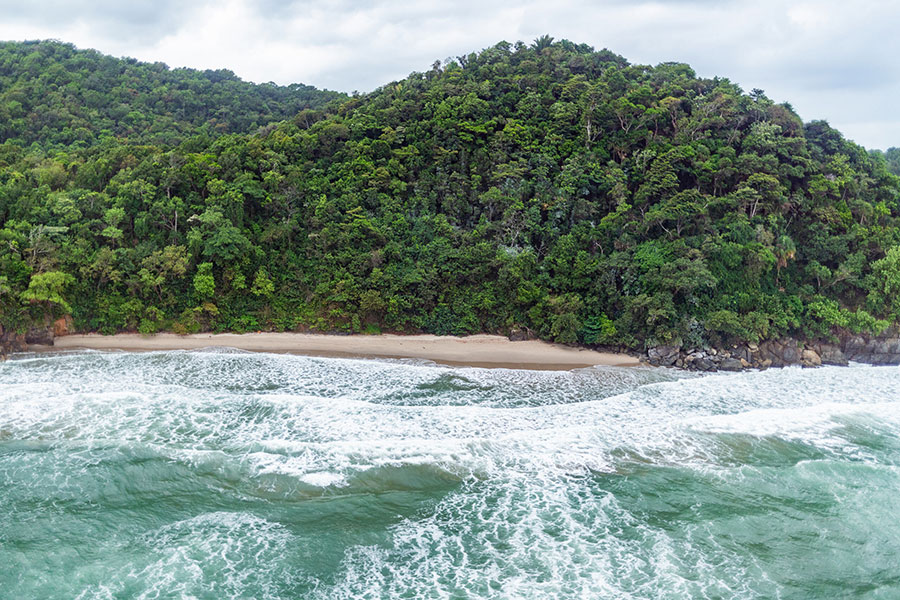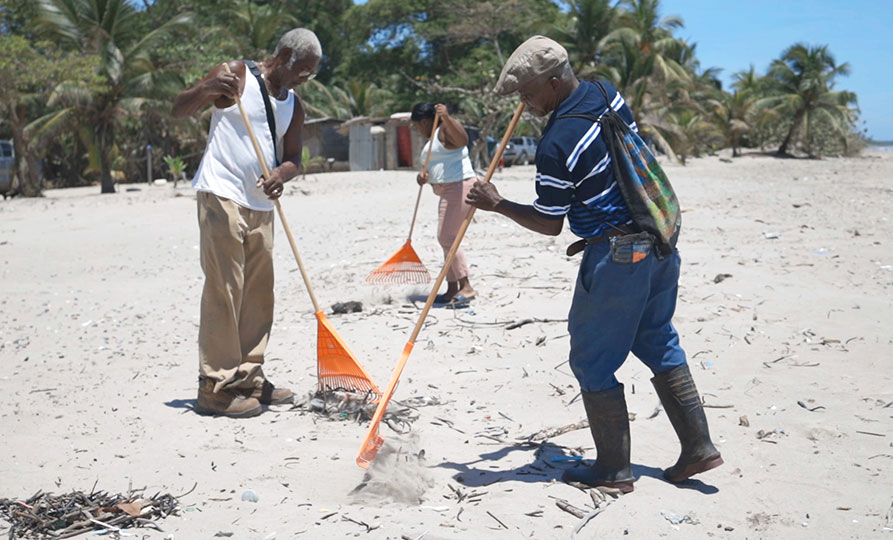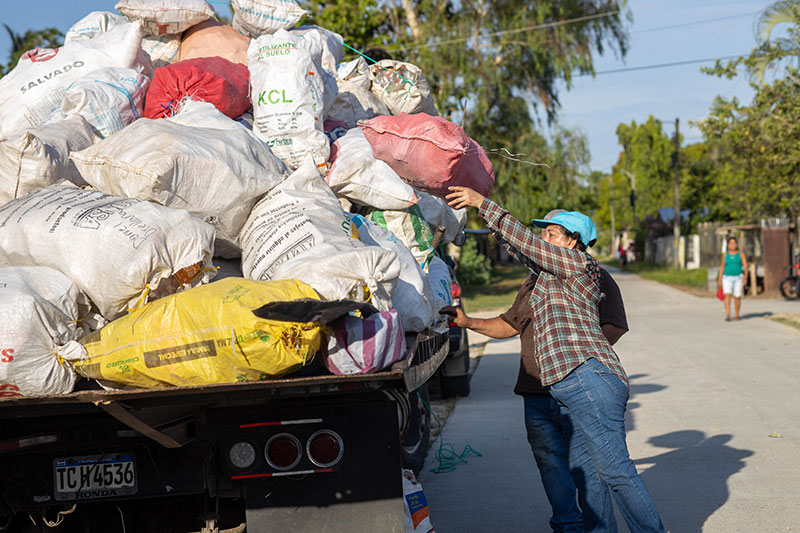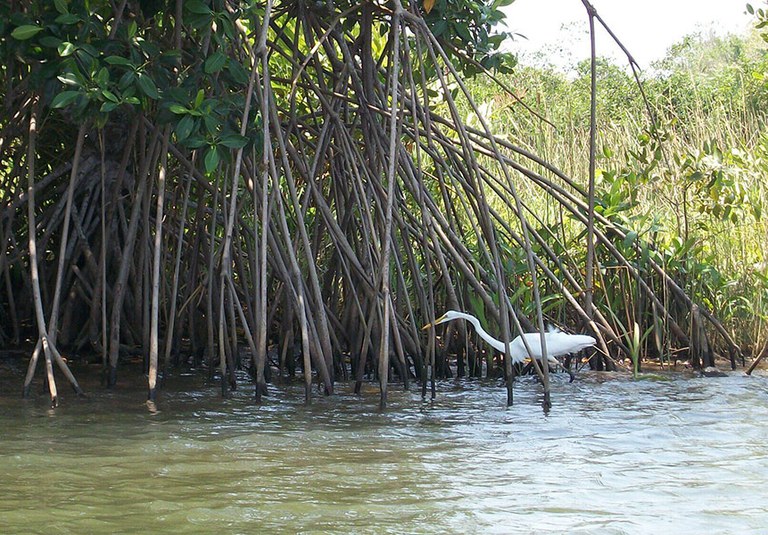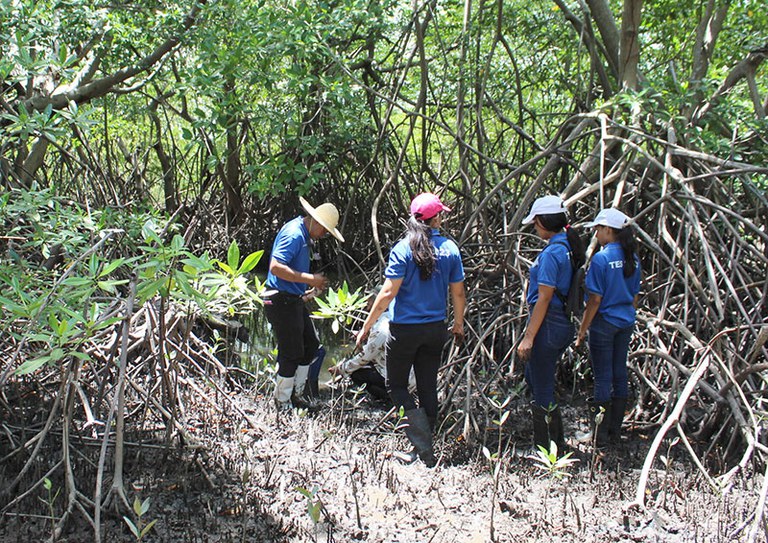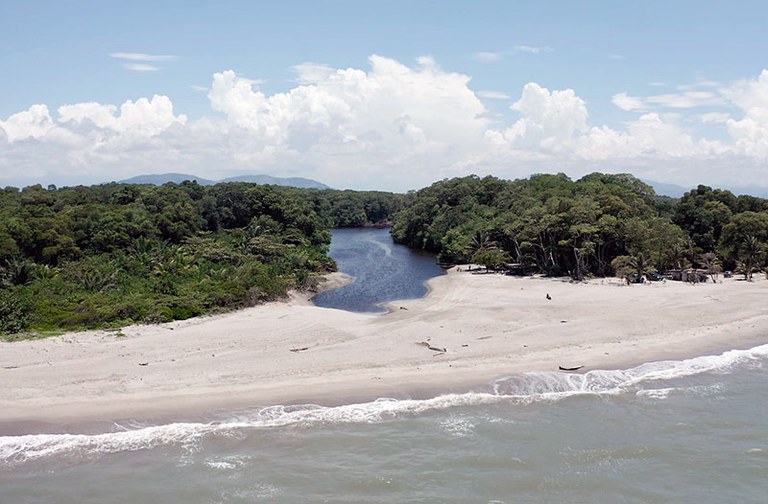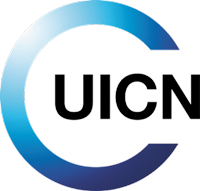The Challenge
Coastal ecosystems create job opportunities for Hondurans in commercial fishing, contribute to food security in and around coastal areas, and provide tourism opportunities—the country’s fourth largest revenue source. However, climate change; mangrove habitat loss; unsustainable coastal development; land-based pollution (e.g., plastics, agrochemicals, soil erosion, nutrients, sewage, etc.); overfishing and unsustainable fishing practices; unsustainable agriculture, ranching, logging, and aquaculture; and invasive species are contributing to the degradation and loss of Honduras’ coastal wetlands. This leads to biodiversity loss, which increases communities’ vulnerability to climate change and threatens livelihoods.
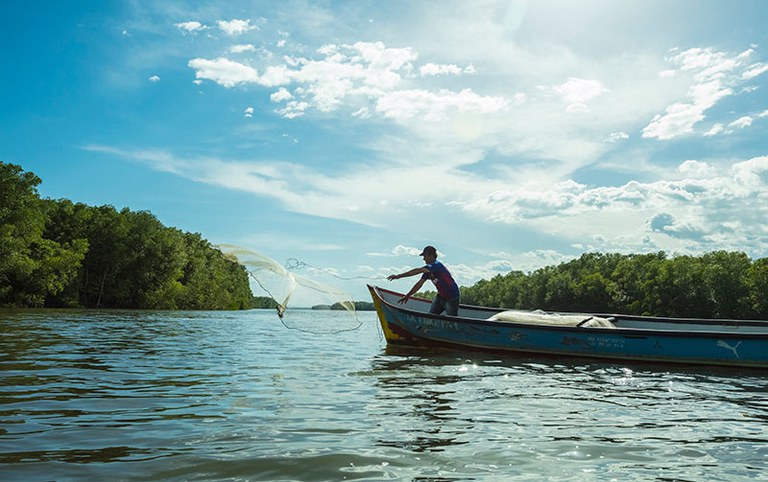
Credit: ICF/Honduras
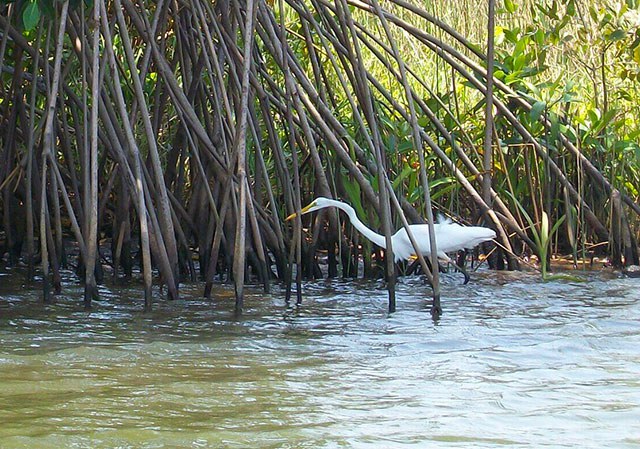
Credit: ICF/Honduras
Approach
Through the CCE Activity, USAID will strengthen capacity for coastal wetlands management both within and outside of protected areas by enhancing policy, economic, and financial incentives for improved management. Simultaneously, the project will improve and expand sustainable commodity production within coastal wetlands and upland areas by enhancing economic inclusion, market function, and strategic alliances with the private sector.


